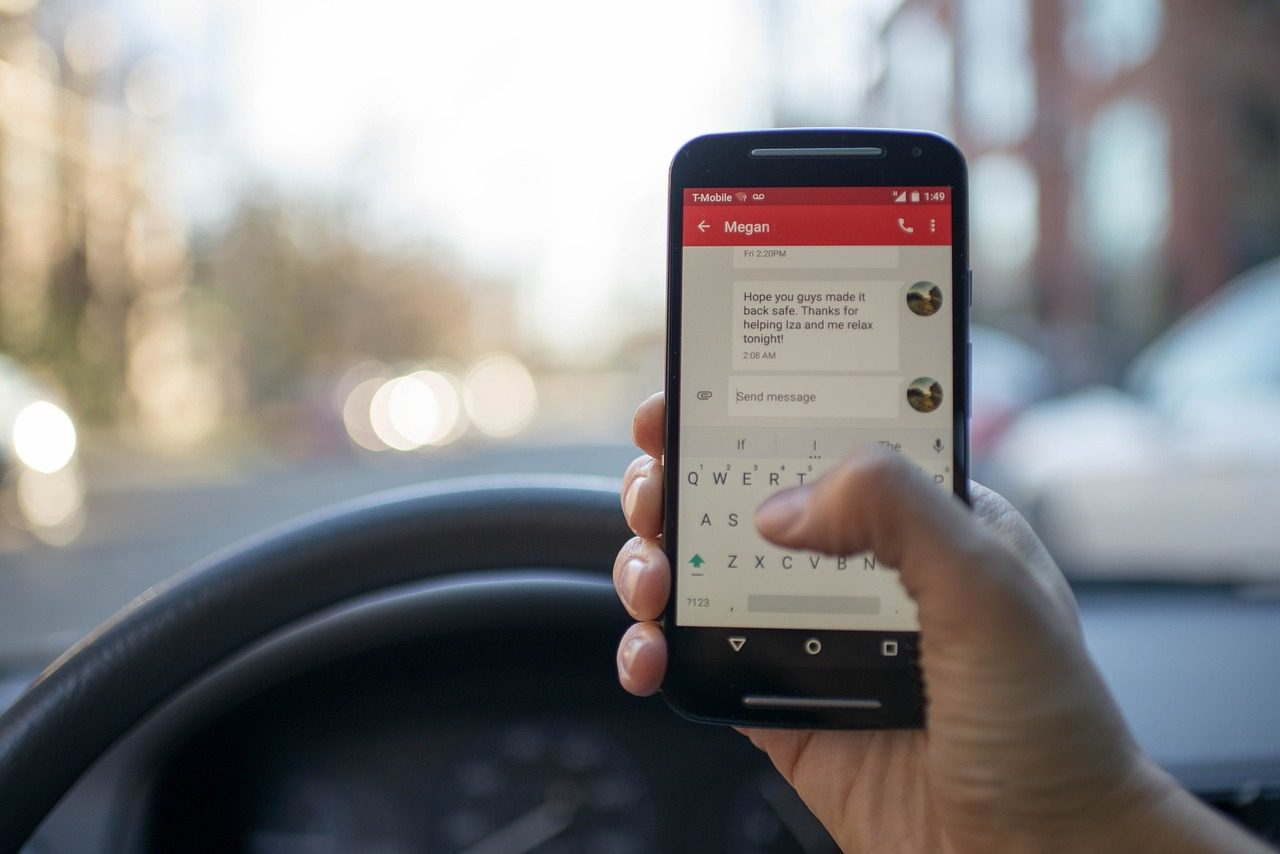
The National Safety Council recognizes April as Distracted Driving Awareness Month. This event is intended to raise awareness about the dangers of distracted driving and encourage motorists like you to minimize potential distractions behind the wheel. Review the following article for more information on distracted driving and ways you can help prevent it.
Distracted Driving Overview
According to the Centers for Disease Control and Prevention, distracted driving refers to any activity that may divert a motorist’s attention from the road. There are three main types of distractions that can interfere with drivers’ attentiveness behind the wheel, including:
- 1. Visual distractions—These distractions involve motorists taking their eyes off the road. Some examples of visual distractions include reading emails or text messages, focusing on vehicle passengers, looking at maps or navigation systems, and observing nearby activities (e.g., accidents, traffic stops or roadside attractions) while driving.
- 2. Manual distractions—Such distractions entail motorists removing their hands from the steering wheel. Key examples of manual distractions include texting, adjusting the radio, programming navigation systems, eating, drinking or performing personal grooming tasks (e.g., applying makeup) while driving.
- 3. Cognitive distractions—These distractions stem from motorists taking their minds off driving. Primary examples of cognitive distractions include talking on the phone, conversing with vehicle passengers or daydreaming while driving.
Regardless of distraction type, distracted driving is a serious safety hazard that contributes to a significant number of accidents on the road. In fact, the National Highway Traffic Safety Administration reported that more than 2,800 people are killed and 400,000 are injured in crashes involving a distracted driver each year—equating to approximately eight deaths and 1,095 injuries per day. Considering these findings, it’s crucial to take steps to prevent distracted driving.
Distracted Driving Prevention Tips
Whenever you get behind the wheel, keep these distracted driving prevention measures in mind:
- Put away your phone. Silence your phone and store it in a location that is out of reach while driving to lower the temptation to check it.
- Plan your trip before you leave. Program your navigation system prior to hitting the road to get familiar with your journey and feel confident in your route.
- Don’t fumble with your playlist. Select a radio station or plug in a predetermined playlist before driving to limit the need for music adjustments.
- Secure passengers. Ensure kids are properly situated in car seats (if needed) with seat belts fastened. Keep pets stationary in the back seat.
- Avoid multitasking. Never complete additional tasks—such as eating or personal grooming—behind the wheel.
- Stay focused. Concentrate your mind on the road by keeping distracting conversations to a minimum and looking straight ahead.
For additional driver safety tips, contact us today.
